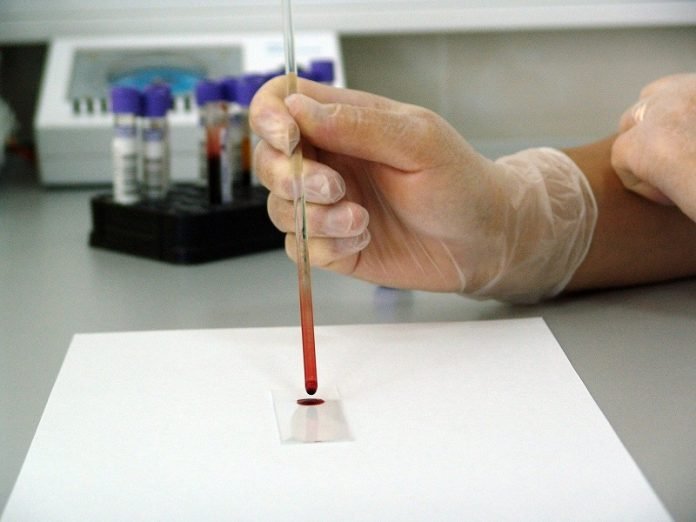
Blood clots continue to wreak havoc for patients with severe COVID-19 infection.
Blood clots can cause life-threatening events like strokes. And, in COVID-19, microscopic clots may restrict blood flow in the lungs, impairing oxygen exchange.
In a new study, researchers explain what may spark them in up to half of COVID-19 patients.
They found an autoimmune antibody that’s circulating in the blood, attacking the cells and triggering clots in arteries, veins, and microscopic vessels.
Outside of novel coronavirus infection, these clot-causing antibodies are typically seen in patients who have the autoimmune disease antiphospholipid syndrome.
The research was conducted by a team at the University of Michigan.
In the study, the team found about half of the patients who were very sick with COVID-19 were exhibiting a combination of high levels of both the dangerous antibodies and super-activated neutrophils, which are destructive, exploding white blood cells.
In April, the team was the first to report that patients hospitalized for severe COVID-19 had higher levels of neutrophil extracellular traps in their blood.
To learn more, they studied the explosive neutrophils and the COVID-19 antibodies together in mouse models to see if this could be the dangerous combination behind the clots.
They found antibodies from patients with active COVID-19 infection created a striking amount of clotting in animals—some of the worst clotting they had ever seen.
They discovered a new mechanism by which patients with COVID-19 may develop blood clots.
The researchers say these findings aren’t yet ready for clinical practice, but they add a new perspective to the robust thrombosis and inflammation research in patients with COVID-19.
They now want to know whether severely ill patients with high levels of these antibodies would have better outcomes if the antibodies are blocked or removed.
If so, that might warrant an aggressive treatment like plasmapheresis, which is commonly used in severe autoimmune diseases.
It involves draining blood through an IV, filtering it, and replacing it with fresh plasma that doesn’t contain those antibodies associated with blood clots.
In addition, these findings bring up new questions surrounding the use of convalescent plasma as a possible COVID-19 treatment, but the team says more research is needed to examine this concern.
The researchers are also currently running a randomized clinical trial called DICER, which is testing a well-known anti-clotting agent, dipyridamole, in patients with COVID-19 to determine whether it’s more effective than a placebo in reducing excessive blood clots.
One author of the study is Yogen Kanthi, M.D., an assistant professor at the Michigan Medicine Frankel Cardiovascular Center.
The study is published in Science Translational Medicine.
Copyright © 2020 Knowridge Science Report. All rights reserved.



